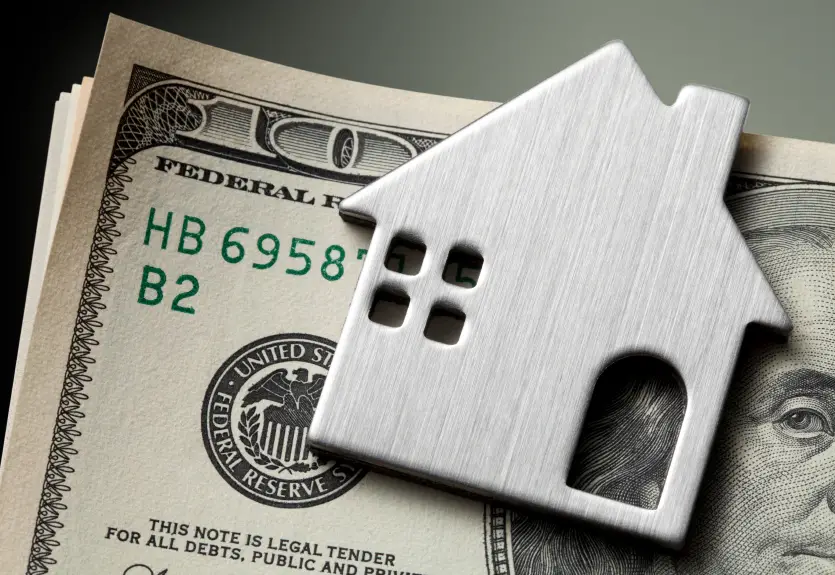Owning your own business is never easy but one thing is for sure – nothing beats the satisfaction of knowing that you are your own boss. In fact, this is a big reason why millions of small business owners are willing to forego the certainty of a fixed paycheck for the risk and reward, of being a business owner.
But even with the satisfaction, comes one big challenge – finding enough cash to grow. Sure, having customers helps, yet there are times when this is not enough. As such, you might need to look at outside financing. In many cases, this includes going to banks for a commercial loan. Though older business owners might have an alternative – a reverse mortgage.
With that in mind, this article will explore what every business owner should know about reverse mortgages.
The Advantages (What’s In It For Me?)
If you are a business owner, then the upside of a reverse mortgage is clear. You can get the cash you need today without the debt service obligations of a more traditional loan. Granted, a reverse mortgage is a mortgage but if you remain in your home, you won’t need to repay the loan.
As such, a reverse mortgage is a low-cost, medium-risk alternative to obtain growth capital for your business. Even with the ‘risk’ of pledging your home, a reverse mortgage does not carry the consequences as a home equity loan.
In addition, many of these loans are federally-insured. This means that the lenders will need to follow a tightly controlled process based on mortgage rate predictions. This is a plus as it helps to protect the consumer. However, most reverse mortgages don’t have the strict credit requirements of other loans.
In fact, you’ll just need to prove enough income to be able to continue paying your homeowner’s insurance, property taxes, and utilities. You know, the stuff you’d need to pay to remain in your home anyways.
Another benefit of using a reverse mortgage for your business is that you can set up shareholder loan and this will lower your corporate tax liability. Now, you’ll want to talk to your accountant about the specifics, but this is something that should not be overlooked. If you want to learn more, then check out this helpful homepage that works.
What If Your Credit Isn’t Great
Let’s face it, there are many ‘successful’ business owners with spotty credit out there. The reasons could be due to economic downturn or that they just started their business. While the Federal Housing Administration does require credit checks they are not as stringent as other forms of loans.
But don’t worry if you do have bad credit as the underwriting is different and the ‘financial review’ process is more about making sure you have the means to keep paying your insurance and taxes than to make a monthly payment. After all, a reverse mortgage is not repaid monthly – just when you sell or move out of your home.
Improved Cash Flow
Given that reverse mortgages do not have a monthly payment requirement, this can be a boon to the cash position of you and your business. Cash is king. Think of it this way. Even if you are ‘profitable’ you might not have enough cash on hand to finance operations. However, many businesses can survive with good cash flow even in they are not profitable.
This is how a reverse mortgage can work to help a business owner as you won’t have to carry the debt service costs of other forms of financing. Granted, you don’t want to waste this ‘free cash’ but it does help you to stabilize your cash flow. Then you can begin to pay off your reverse mortgage well before you sell your home.
The Disadvantages (Costs)
Reverse mortgages are not for everyone. Maybe you currently carry a high mortgage balance on your home, or you might need the cash today. In these cases, you are probably better suited at looking at other forms of business acquisition loans for your company. In addition, the closing costs related to a reverse mortgage can be higher than traditional loans and in most cases, the interest rates are variable – which can be a negative in a rising rate environment.
As you can see a reverse mortgage can help your business get the cash you need, but it is not for everyone. If you are over the age of 62 and own your own home, then you might want to talk about your financial adviser to see if this option will help your business grow.
Image from http://www.seattlereversemortgagespecialist.com/reverse-mortgage-info-seattle/
 Business First Family Business, Accounting, Finance, Investing, Marketing And Management
Business First Family Business, Accounting, Finance, Investing, Marketing And Management
